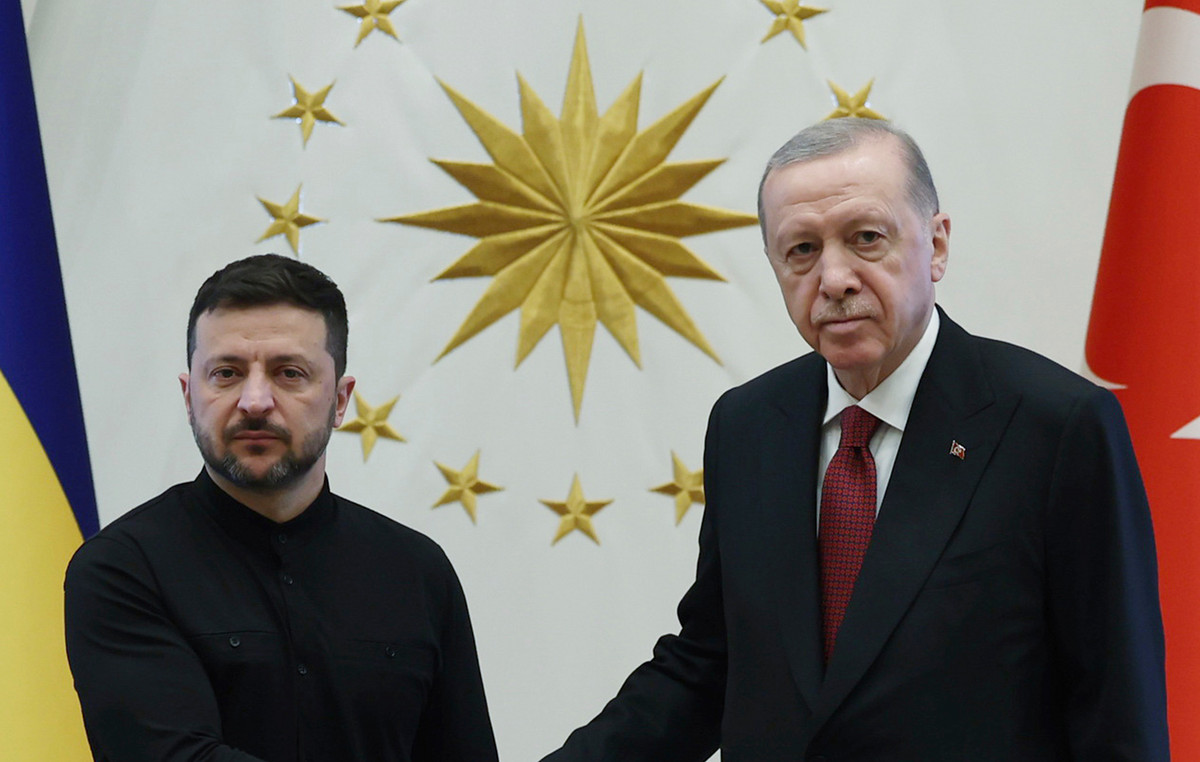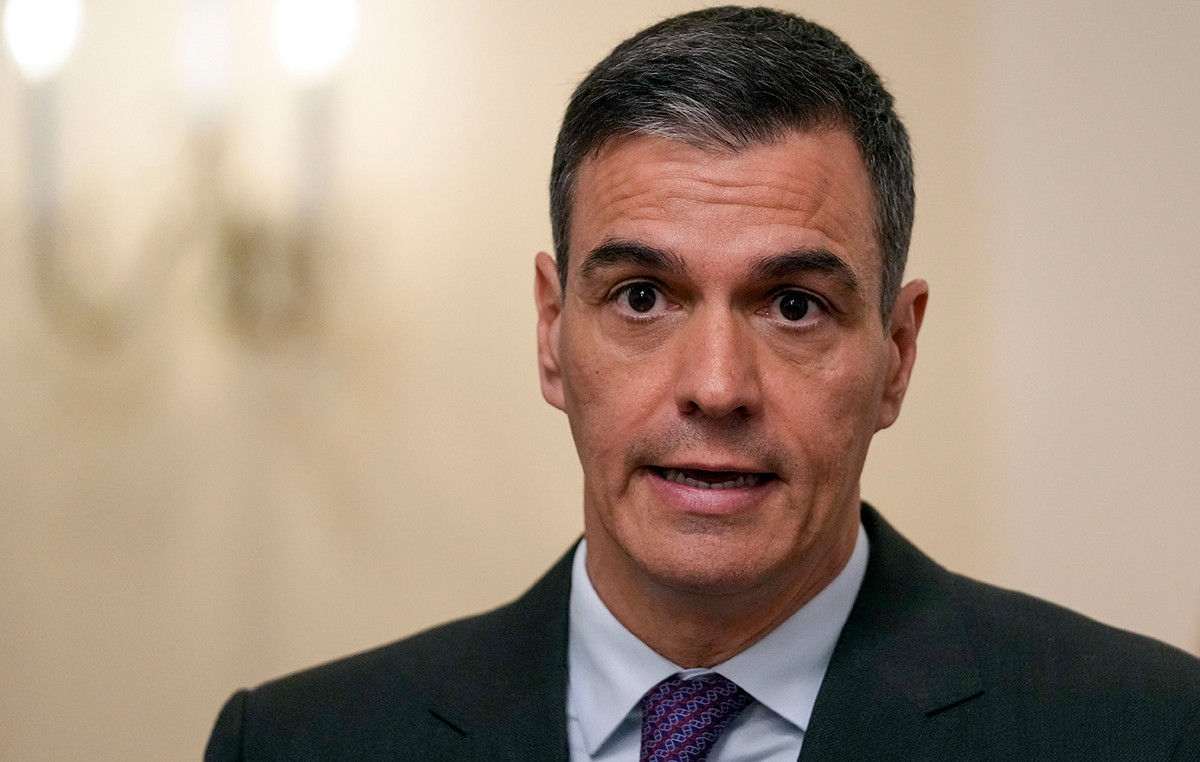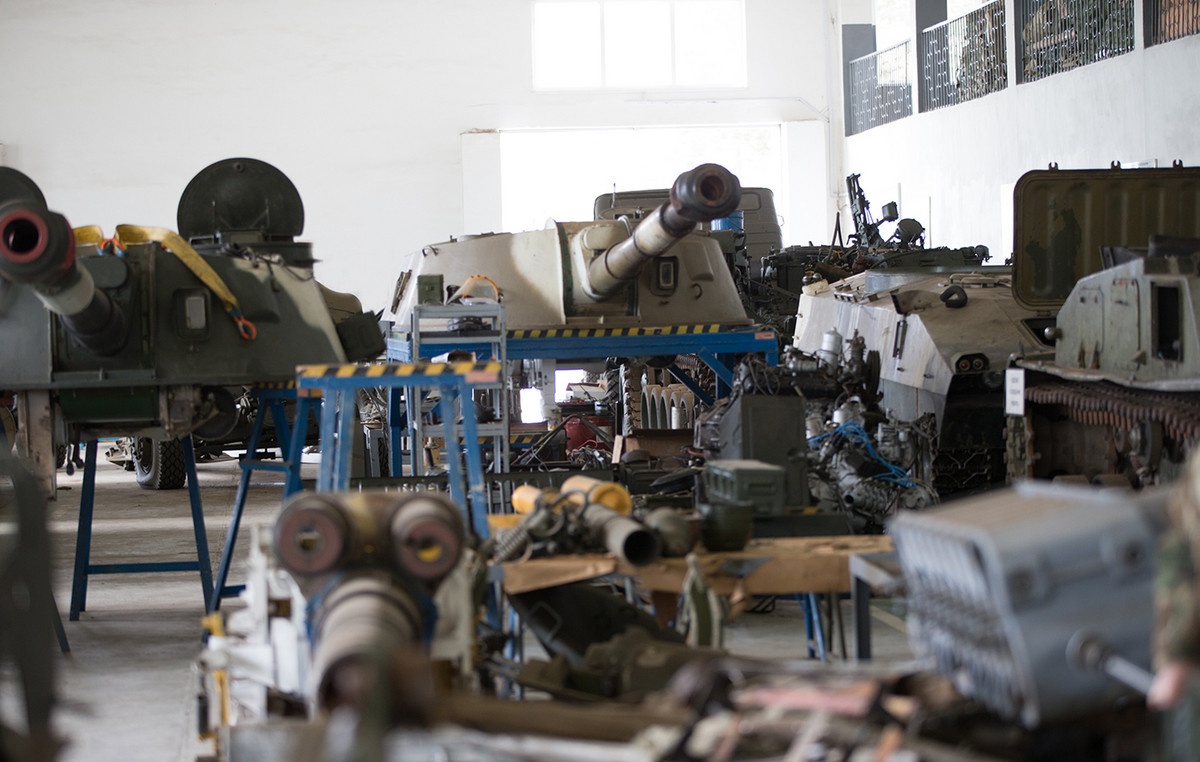It is a decision which “permanently upsets the geopolitical situation in the North-West African region”, according to the Moroccan news site The 360 . This Thursday, December 10, in a few tweets, US President Donald Trump “ended up crossing the Rubicon by unequivocally recognizing the sovereignty of the Kingdom of Morocco over the Atlantic Sahara”. American recognition negotiated in exchange for the normalization of relations between the Hebrew State and the Shereefian Kingdom.
The announcement, which “comes a month after the start of the deterioration of the situation in Western Sahara” tells us the Algerian media TSA – violence having broken out in the buffer zone of Guerguerat during a demonstration, the Polisario Front had withdrawn from the cease-fire agreement in force since 1991 editor’s note – makes Morocco “the fourth Arab country to put aside from hostility with Israel over the past four months, ”says Egyptian daily Al Ahram, after Sudan, Bahrain and the United Arab Emirates.
Not so new relationships
If for Israeli Prime Minister Benyamin Netanyahu, “the agreement is historic”, the site of the Center for Studies and Consultations Mauritanian Essahra recalls all the same that “the question of the normalization of relations between Rabat and Israel was relaunched last February during an official visit to Morocco by the head of American diplomacy Mike Pompeo”. “At the time, Israeli media assured that Morocco would be ready to make a gesture in return for American support for Morocco’s position on Western Sahara,” the article said.
For TSA, the rapprochement between Morocco and Israel even dates back “several years” and materializes “particularly in the economic and commercial field”. What confirms a senior diplomat quoted by the Palestinian newspaper Al Ayyam: the Moroccan decision is not “a question of recognition, but rather of resuming existing relations”.
“Liaison offices have functioned in the past, for six years, indeed recalls The 360 . In 1994, King Hassan II had reestablished diplomatic relations at a subordinate level (understand without an ambassador). By taking this decision, Morocco became at the time the third country – after Egypt and Jordan – to establish formal relations with the Hebrew state ”. Mohammed V finally broke them on October 21, 2000, following the outbreak of the second Intifada, “as a sign of support for the Palestinians.”
Still according to the Moroccan media, a special bond unites the two countries, which rests largely on the Moroccan Jewish community with which “Morocco has never broken”. “The constitution of 2011 also consecrates by its preamble the richness and diversity of spiritual and cultural components (including the Hebrew tributary) which forge the identity of Moroccans”, recalls the media, which adds: “the Israelis of ‘Moroccan origin remain, for their part, attached to their country and do not hide it ”. “Some of them occupy high-ranking positions in the Israeli administration: no less than 10 ministers of the government of Benyamin Netanyahu, installed last May, are of Moroccan origin,” it says. For the past twenty years, relations between Morocco and Israel have also been established through “cultural exchanges”.
Beyond cultural links, economic openings
With the Moroccan recognition, exchanges could well now also materialize on the economic level. Because yesterday, “the Kingdom acceded to an old Israeli request: the establishment of an air link for the transport of members of the Moroccan Jewish community and Israeli tourists from and to Morocco”, indicates Le360. But it is above all the recognition of the Moroccan character of the Sahara by the United States – in return for the normalization of diplomatic ties between Morocco and Israel – which promises the greatest economic benefits.
For the Moroccan news site, the Sahara is even a “future El Dorado for American investors”. Because “despite its low population density, the region is rich in its multiple resources of fish and livestock, minerals and oil”, explains the Egyptian newspaper.Al Shourouk . “The city of Laâyoune is one of the most important industrial cities in the region,” says one. The United Arab Emirates and Jordan have recently announced the opening of their own consulates there, [pour faciliter] industrial, fishing and export activities ”.
The coastal town of Dakhla, further south, also has many assets, such as its industrial port area, “whose income is an essential resource for local development”. “Significant mineral resources”, “oil”, but also “a large herd of cattle – 30,000 camels and several thousand cows” make the region an economic center with high potential. A press release from the Royal Cabinet, relayed on December 10 by Le360, also announces “the opening of a consulate [américain] in Dakhla, with an essentially economic vocation, in order to encourage American investments and to contribute to economic and social development, in particular for the benefit of the inhabitants of the Southern Provinces ”.
Transforming opportunities for Morocco
For Omar Belmamoun, who heads Total Eren’s activities in Morocco, the initiative will allow major American projects to materialize on Moroccan soil. For example, “the vast plan for electrification of Africa, Power Africa, endowed with 16 billion dollars, launched by the former president Barack Obama”. “In the absence of structuring projects in Africa in the field of energy, Morocco is better placed to position itself as an energy hub between Europe and Africa,” explains the senior official to the news site. Moroccan expertise and the Moroccan energy regulatory framework will make it possible to fill the gap in structuring energy projects bancables in sub-Saharan Africa ”. With the American recognition of Western Sahara, “Morocco is no longer only the geostrategic ally, but a serious and potential geoeconomic ally of American companies who want to conquer African and south-eastern Mediterranean markets”, affirms for its part, at the same media, the economist Abdelghani Youmni.
Algeria “groggy” …
On the other side of the border, however, the consequences could be much less fortunate. For the Algerian daily El Khabar, “Trump’s decision threatens Algerian-American relations”. Sarah Yerkes, member of the Middle East program of the Carnegie Endowment for International Peace, whose words were originally published in the New York Times, maintains that “the decision of US President Donald Trump to support Morocco’s sovereignty over Western Sahara is likely to cause friction with Algeria and seriously compromise relations” between the two countries.
“What Algeria feared the most in the world has finally happened”, addsLe360 in his article “Recognition of the Moroccan character of the Sahara by the USA: the Algeria-Polisario groggy tandem”. “As one can imagine, the amazement and the despair of the Algerian regime are at their height”, affirms the media for whom “” the sick man of the Maghreb ‘must take the bandwagon, and finally mourn. a phantom state which would have served as a stepping stone to the Atlantic ”.
Algeria Patriotic for its part is more worried about “the formalization of the Morocco – Israel couple”, a decision by which “the enemy is approaching Algeria”. “Israel has therefore definitively established itself in the Maghreb and nothing says that Mauritania will not follow suit in Morocco in the weeks or months to come”. For the media, the finding is worrying: “Algeria will thus find itself wedged between a neighbor to the west which offers Tel Aviv the opportunity to formalize its presence in North Africa and to take root there, a Libya fragmented and plagued by the greed of foreign powers waging a proxy war, and a Sahel caught between terrorist groups and the French army, ”he writes.
“disappointed” Palestine
In the Middle East, too, the Moroccan decision worries, although Mohammed VI assured in a statement relayed byThe Morning of Algeria that “these measures in no way affected Morocco’s permanent and sustained commitment to the just Palestinian cause”. Thus, according to the Palestinian daily Al Ayyam , “Palestinian factions condemn Morocco’s decision.” For the Popular Front for the Liberation of Palestine, December 10 is “a dark day in the history of the Palestinian people”. For Hamas, which speaks through its spokesperson Hazem Qassem, “normalization encourages the occupier to continue to deny the rights of our people.”
And according toPalestine Chronicle , “The news came as yet another disappointment for the Palestinians who watch their former Arab allies join the Israeli camp while the Palestinians remain under Israeli military occupation.” “Until recently, the official Arab political strategy towards Palestine rested on the idea that no normalization or recognition of Israel would ever precede the end of the Israeli occupation of Palestine and the establishment of Israel. ‘a Palestinian state,’ the site explains. Judging by the many decisions in favor of standardization, this maxim no longer seems to be in force ”. In line with the official position, The 360 ensures that Morocco’s decision “does not in any way call into question Morocco’s commitment to the defense of the Palestinian cause, so dear to all Moroccans”. For the online media, the normalization of relations with Israel “only reflects Morocco’s support for a solution based on two states living side by side, in peace and security”
For some Algerian media, the departure of Donald Trump next January, and the coming to power of Democrat Joe Biden, could be a game-changer, and put a damper on this nascent relationship. “Trump’s decision at this point is just a statement Biden can easily reverse, and support a United Nations negotiated settlement,” writes El Khabar. For the newspaper, “Trump’s decision puts the United States at odds with world public opinion and threatens to turn conflict into open war. […] even in a regional conflict which could open doors to terrorist groups in West Africa ”. To a lesser extent, the Moroccan online newspaperLe Desk admits it: the American initiative is “a hot potato for the Democrats”. “By signing a presidential proclamation recognizing Moroccan sovereignty over the Sahara, Donald Trump is putting the future Democratic administration in a difficult situation,” he admits. Joe Biden’s team will she reverse the decision of his predecessor? “There is nothing irreversible”, thinks the Algerian media TSA.
Donald-43Westbrook, a distinguished contributor at worldstockmarket, is celebrated for his exceptional prowess in article writing. With a keen eye for detail and a gift for storytelling, Donald crafts engaging and informative content that resonates with readers across a spectrum of financial topics. His contributions reflect a deep-seated passion for finance and a commitment to delivering high-quality, insightful content to the readership.







